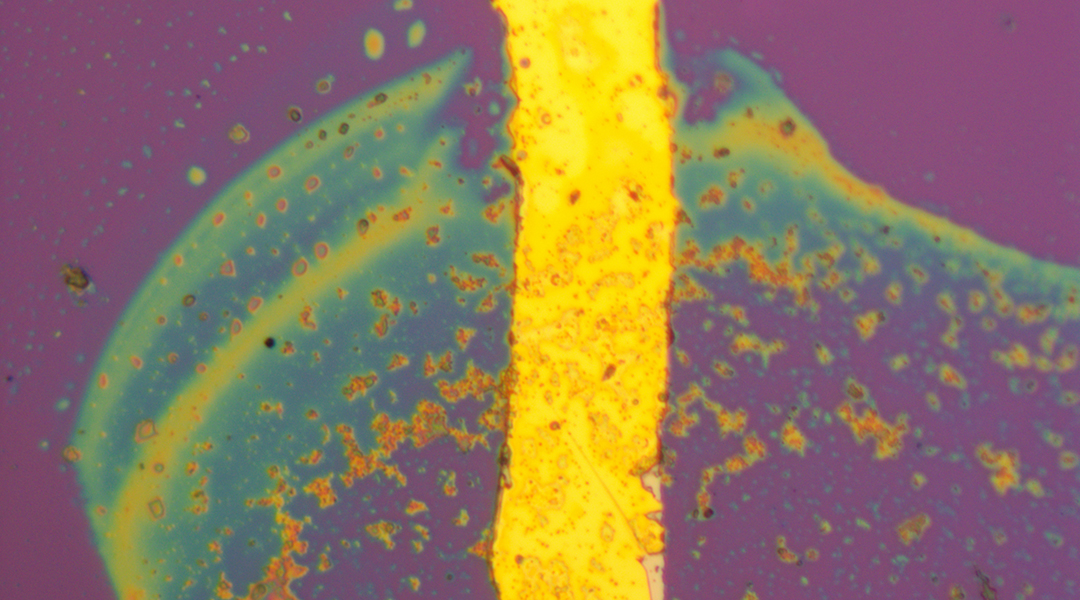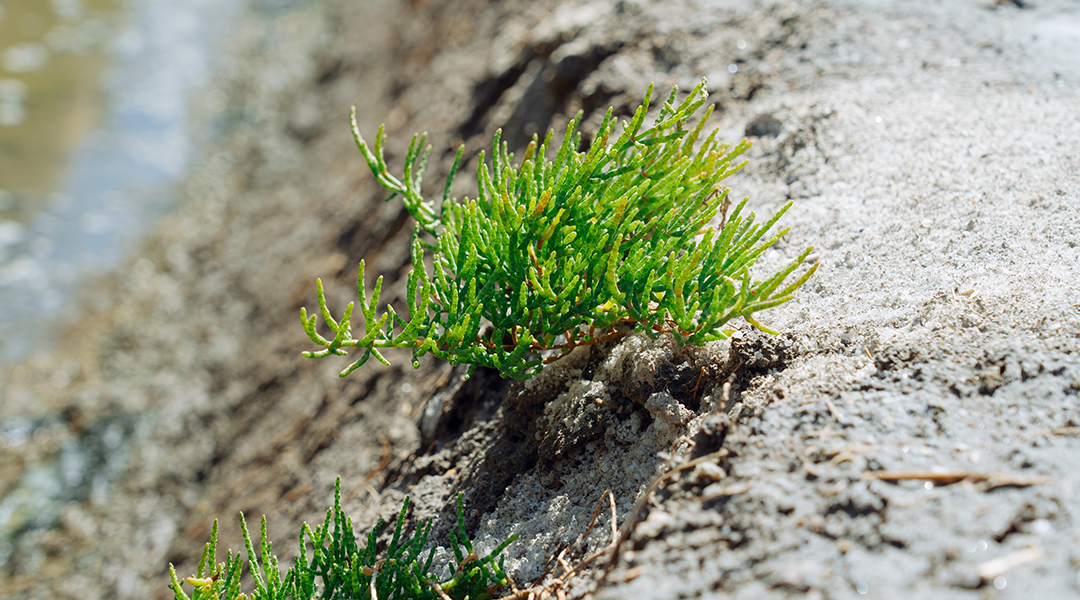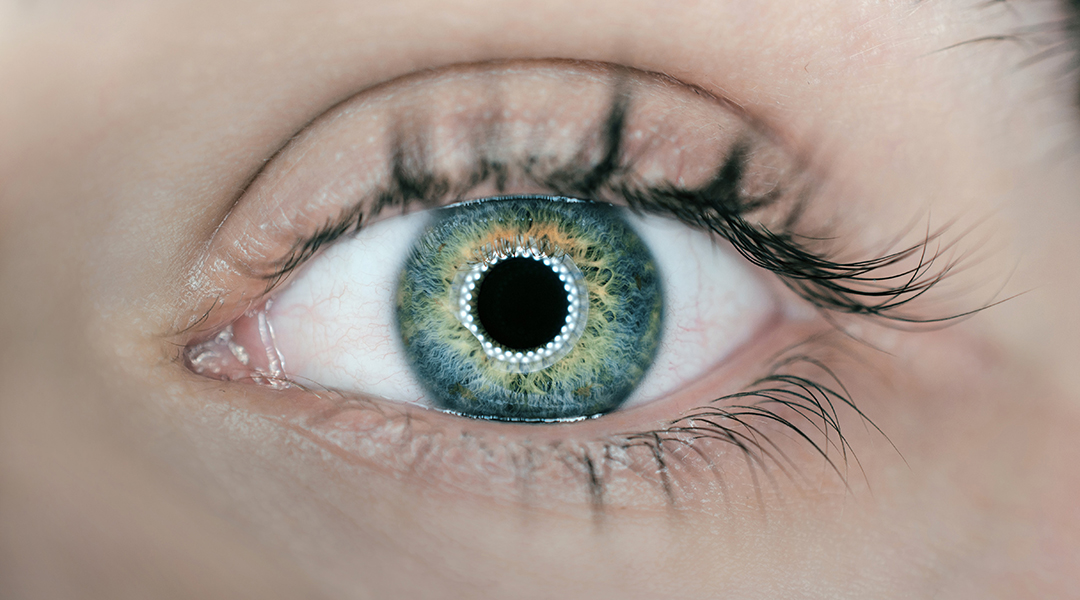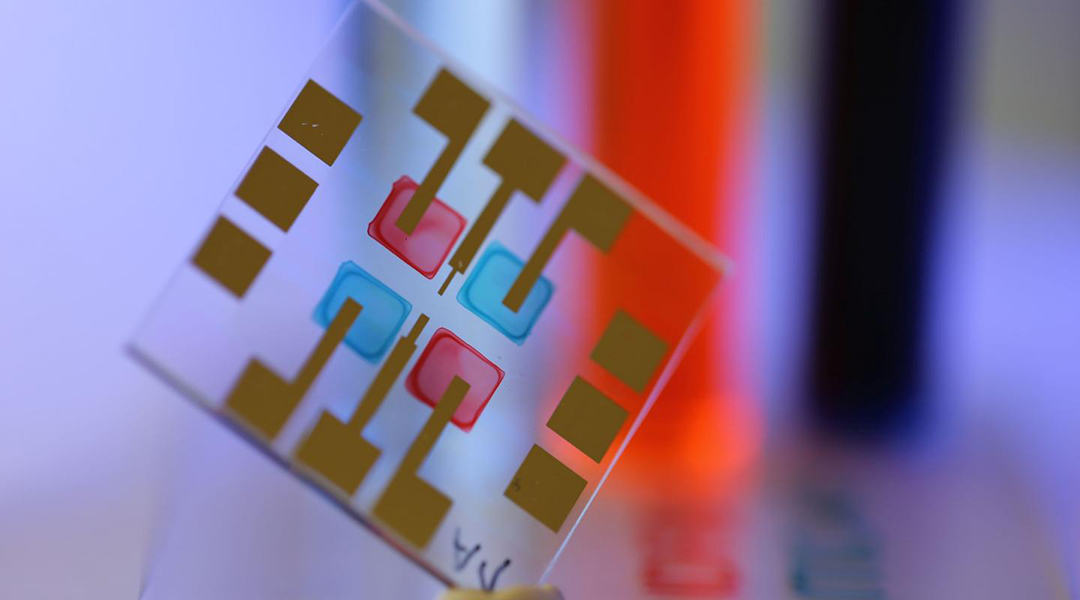Scientists have optimized nanodiamond sensors, with potential breakthroughs in electronics, medicine, and quantum tech.


Scientists have optimized nanodiamond sensors, with potential breakthroughs in electronics, medicine, and quantum tech.

Inspired by sea asparagus, scientists design a conductive hydrogel that is stronger than natural rubbers and adapted for extreme environments.

An acid sensitive hydrogel makes it possible to detect dangerous leaks before they cause damage.

A uniquely sensitive, stretchable pressure sensor for prosthetics, soft robotics, and human-machine interfaces.

The stability and versatility of gold nanoparticles make them an ideal candidate for implantable sensors

Recent advances in micro- and nanoscale sensing technologies may help diagnose sepsis early and with greater accuracy.

A team of researchers from the Universities of Surrey and Sussex develop mechanochromic and thermochromic sensors based on graphene infused polymer opals.

Researchers at Osaka University are helping to power portable sensors that do not use batteries by generating electricity from heat that is otherwise wasted.

Smart contact lenses could revolutionize the way in which we monitor brain activity and diagnose neurological diseases.

Color-selective organic light sensors are produced by inkjet printing with semiconducting inks.